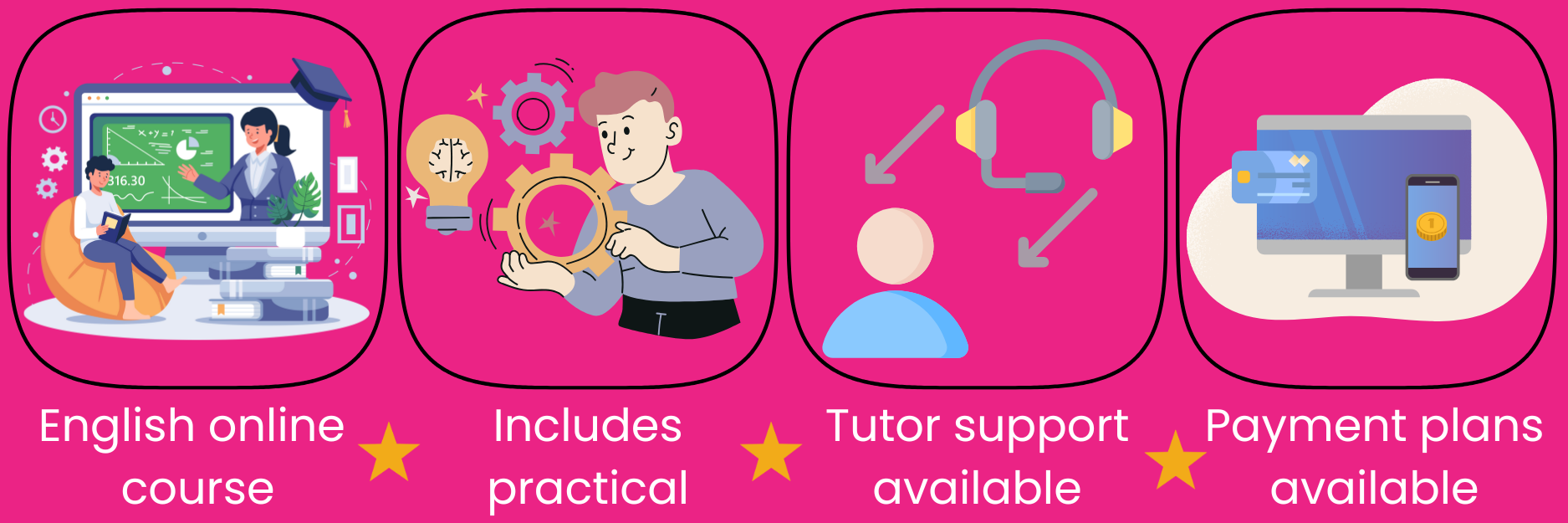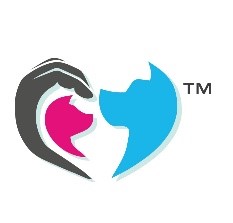Course Info
This course will help you to achieve your goal of making Animal Behaviour your full-time profession, whether you choose to work with companion animals, animals in rescue facilities, captive wildlife, rehabilitation or any animals where behavioural analysis, emotionality assessment, training and behaviour modification may be required.
Being your own boss has a lot of merit for people who enjoy working from home and working their own hours. If you choose to work with companion animals, networking with rescue organisations, trainers and veterinarians in your area is very important as this is where the majority of your referrals will come from. Most of these establishments do not have the time or resources available to address behaviour problems and are usually very relieved to be able to refer clients with problematic pets to someone who is highly qualified to deal with them. Plus, COAPE keeps a database of students who have successfully completed the Diploma and refers clients to them on a regular basis. If you want to work with other species, the Diploma is still the course for you – you will notice that dogs and cats are the 2 species we concentrate on in the Diploma because most people are familiar with them, but the course teaches mammalian behaviour and therefore is suitable for anyone wanting to work with any other mammalian species too. We teach the science of behaviour, which means once you have the tools and the know-how about applying them, you are well-equipped to work in this fascinating field, regardless of your choice of species.
This is a demanding course comprising approximately 80 hours of pre-recorded lectures, 5 assignments and 2 case studies, with 1 module of approximately 10 hours of lectures, being presented about every 4 months.
In addition, students are required to log pro bono hours.
This course requires dedication as it is one of the highest qualifications of its kind, it is ESSENTIAL that all the books are read, and that additional independent research is done to ensure good marks.
Please note that a proficient understanding of, and ability to apply appropriate, motivational training techniques is a must have for this course. Should you not be able to meet this requirement, please let us know so we can discuss some options available to assist you in gaining this skill.
There are 2 options for this course:
1. The standard 24-month course with a pre-set release date for each module, and assignment due dates. This option gives you the chance to connect with other students in your group.
2. Do It In Your Own Time (DIIYOT) which has no pre-set assignment dates, new modules are released when your assignment for the previous one is received. The maximum time allowed for completion is 36 months.
The Diploma in Animal Behaviour starts every February and August, enrolments close 2 weeks before the start date.
Certificates are awarded on the successful completion of the course.
With the DIIYOT option you can start whenever you’re ready to enrol.
Students who successfully complete the Diploma in Animal Behaviour will hold the qualification of ‘COAPE Qualified Behaviour Practitioner’ and are entitled to use the post nominals DipCABT – C.C.A.B after their name. ONLY COAPE qualified behaviourists can become members of the prestigious CABTi and have automatic membership to the International Companion Animal Network (ICAN).

Important information
- This course is online and requires you to be computer literate.
- To successfully do this course you must have access to Microsoft Word.
- Please note that your course notes are included in the course fee, however any prescribed books need to be purchased and paid for on top of this.
What the student will learn
- How to assess an animal’s mood state and emotionality, be able to identify if their environment allows the animal to engage in species specific behaviours.
- Be able to compile a Behaviour Modification report for the client and assist them in working through it, to minimise or eradicate the problematic behaviour.
Course Content
- Module 1
-
- Domestication process in dogs.
- Implications of Canine Dominance Theory.
- Physical and emotional development in the modern-day pet dog.
- Best practice principles applicable to puppy classes.
- Domestication process in cats.
- Physical and emotional development in the modern-day pet cat.
- Module 2
-
- Basic Neurophysiology – the brain, neurotransmitters, hormones.
- Survival strategies – understanding the physical and emotional behaviours behind them.
- Learning theory.
- Ethics of punishment.
- Use of signals of reward and non-reward.
- Module 3
-
- Core Emotional states – Panksepp’s seven systems, plus the Self-Care system.
- Behavioural Inhibition system.
- Problem assessment and application using HBA protocols.
- Therapeutic application of the Emotional systems – ESTA.
- Module 4
-
- Psychopathology in humans and animals.
- Consent and control in training and behaviour.
- Impulsivity, Compulsivity and Habit.
- Reward – ‘liking’ vs ‘wanting’.
- Original theory of Learned Helplessness and the new theory of Default Passivity.
- HBA and ESTA Application: Separation Related Distress.
- HBA and ESTA Application: Marking in cats.
- Module 5
-
- Behavioural pharmacology.
- Defining aggression and reactive behaviour.
- Emotionality of sexual behaviours in animals.
- Dietary influences, diet manipulation in dogs.
- Module 6
-
- Counselling skills.
- Case study discussions
- Case Studies 1 and 2
-
- 2 Case studies to be undertaken with guidance from your tutors




